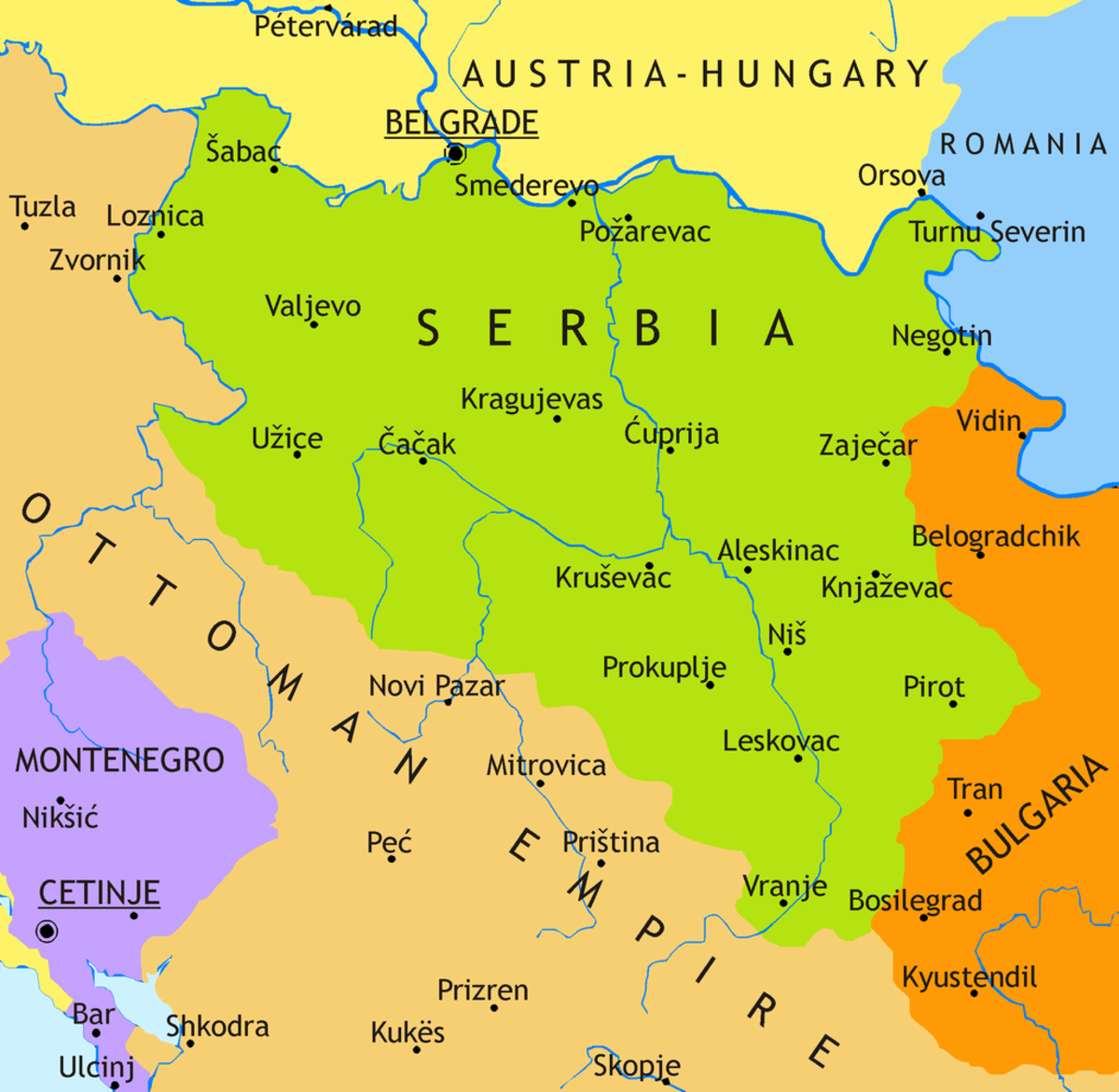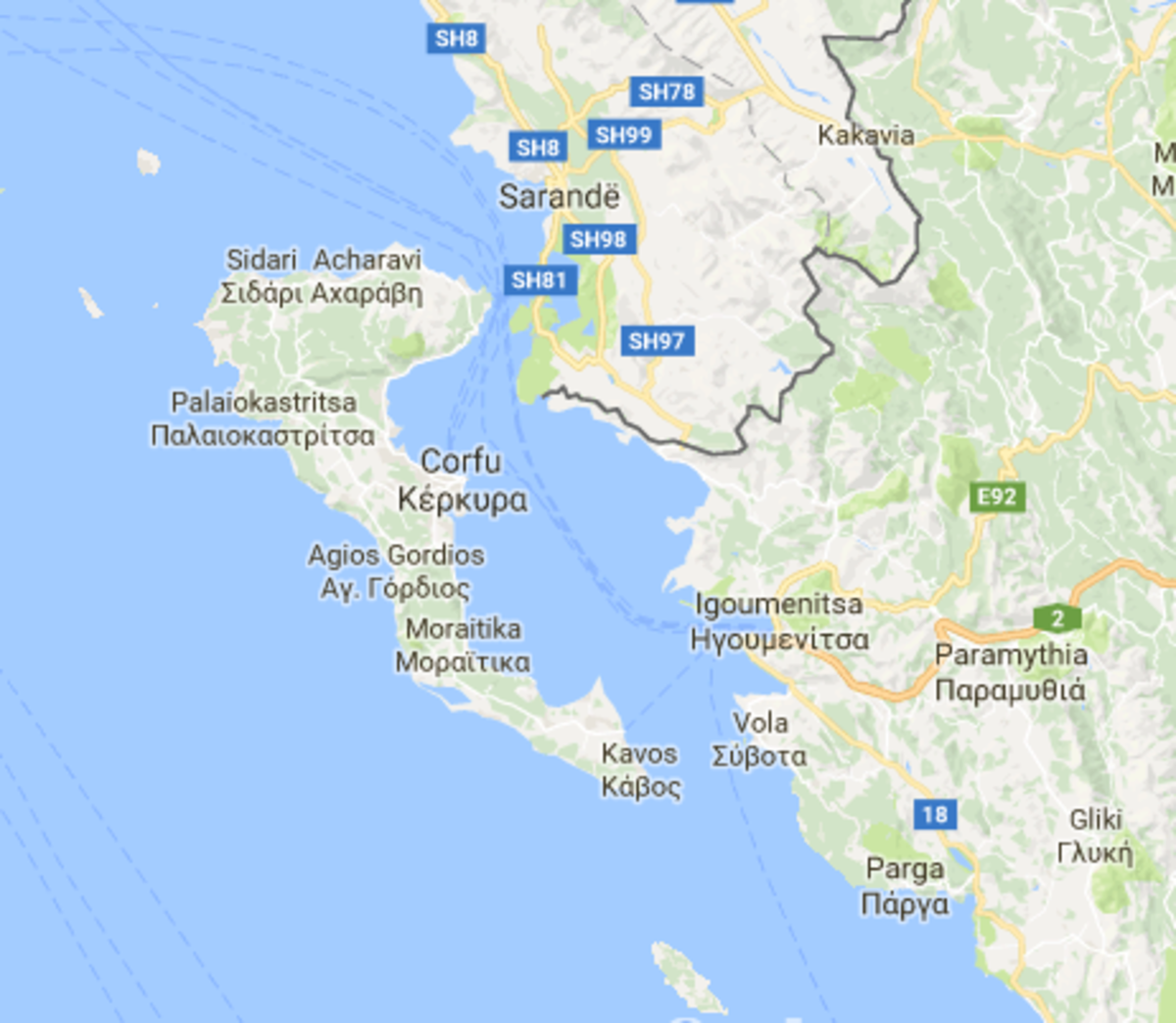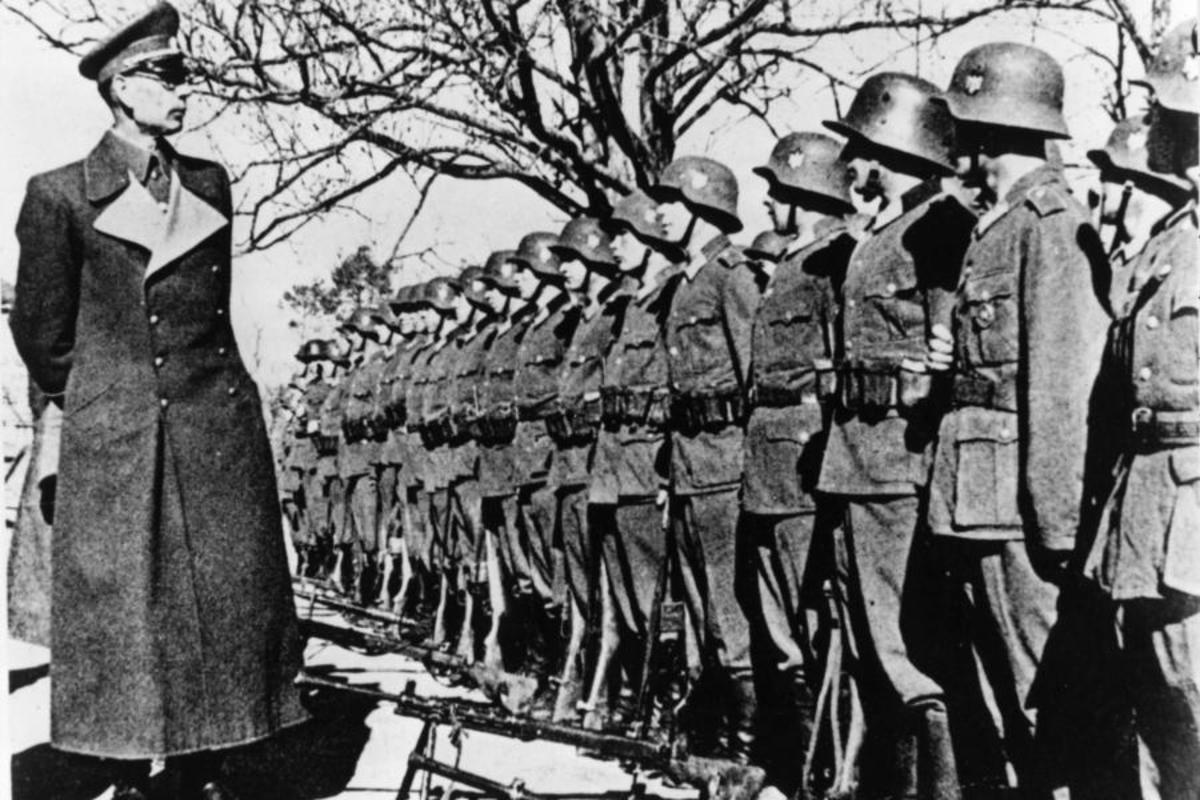Albanian problems in the Balkans
There are six million Albanians living in four different Balkan states, and the nation seems to form, and establish something called the “ Big Albania”. The Western powers, who openly supported the Albanians who started the whole war situation in Kosovo, are now less and less able to maintain the fragile peace in the area.
A couple years have gone since the NATO stopped bombing Serbia, which sent troops and police units down in Kosovo to try to stop the ethnic Albanians in Kosovo to break away from Serbia and become independent. At the same time it seems that solving the problems in the Balkans are farther away than they thought it would be and it moved even farther. In Kosovo just became an independent country. In Macedonia, after a few years of civil war, peace is not doing all that great and actually peace might be only a temporary solution to the problems present. Montenegro just became independence too. According to some experts, its not long until Albanians will start to uprise in northwestern Greece.
This whole mess with the ethnic Albanians started when the “Albanian Liberation Army”, UCK, was established in Kosovo, where about two million people live, of whom ninety percent is Albanian. Hashim Thaqi, the leader of the armed forces, admitted that his goal was to unite ALL Albanians in one “Big Albania”. The more aggressive the Serbian police became, the faster the popularity of the UCK grew, soon making it the most influential Albanian force in Kosovo. According to Albanians the proclaiming of war was a necessity, because the West did not pay attention to their peaceful protestings, even amidst all the independence wars of the other states being subjected also to Serbia.
After all this the “peacekeepers” moved in trying to stop things while possible. Albanians there say that Kfor there became Serbian sympathizers, and the French soldiers are even “like” the Serbians, and because all the tensions there it seems that the NATO will have to stay there for a long time.
The “Kosovo victory” made south Serbian ethnic Albanians enthusiastic too. They formed their own little militia too, called “the Presovo, Medvedja, and Bujanovac Liberation Army” and occupied the demilitarized area right next to the Kosovo, Serbia border, where NATO could not go, because of the Kumano treaty.
South Serbia was followed by northern Macedonia. In February of 2001, their own UCK, the National Liberation Army occupied all the northern part of the country where Albanians were the majority ethnicity. This territory included Tetovo too, the second largest city in Macedonia. There their goal was “just” to be treated fairly. They wanted representation according to percentage of a particular area. Hundreds of people died in the incidents there. Tens of thousands of people became refugees. The situation in southern Macedonia wasn’t much better either. Albanians in Bitola were attacked twice, taking revenge on the Macedonian policmen killed in Tetovo.
After South Serbia and Macedonia, the Western powers had to change their policies. It slowly let the Serbian army go back to the demilitarised zones, thus chasing out the Albanians from where they were not supposed to be. At the same time the NATO put its relations right with the government replacing the regime of Slobodan Milosevic, thus the once enemies became almost like allies, guarding the the borders of Kosovo and Serbia together.
Macedonian Albanians don’t have as rosy a relationship with the NATO as before. Both Lord Robertson, secretary in chief for NATO, and Javier Solana, foreign minister of EU, raised their voice against the murders committed by Albanians. Even the United States spoke differently from what she said during the Kosovo crisis. Both the EU and the USA mediated between the two opponents when in august the Macedonian-Albanian peace treaty was signed between the two groups of people. The NATO sent troops to destroy the weapons taken from, and given up by the Albanian rebels.
In spite of the changes in policy Macedonia too might fall in the trap of the NATO. After the peacekeepers left, their contract is valid only until the end of February, the battles may arise again, especially because neither of the parties really kept their promises. The parliament did not put out early elections and did not make Albanian another official languages where the Albanians are actually in majority, and the Albanians gave up only the weapons that were pretty much worthless pieces of junk.
Meanwhile even in Montenegro there seems to appear Albanian forces that want independence. Reports from Podgorica, capitol of Montenegro, say that the 5-7 percent Albanians of the 600,000 people in the state started to buy all properties where the Albanians are in majority, and some politicians even say that cities sooner or later will belong to the mother country.
The tactic of purchasing properties and real estates, by the way, is the same as was in Kosovo and Macedonia earlier. The first Albanian purchaser might easily offer a price four or five times as much as what an apartment, or house might worth in an area where Albanians are a minority. The second usually offer less. As the particular village is more and more Albanian, the last apartments are bought a lot below actual worth. Supposedly wealthy, well organized gangs are behind these businesses, supporting the losses of the first couple purchasers.
Some say that there is an independence wanting Albanian force even in the NATO member Greece, the UCC. They want to free a northwestern county, called Chameria. There are only a couple 100,000 albanians in Greece and the UCC stands up in their name. Athens doesn’t approve any of this true. In Greece too, Albanians are very persecuted.
Conclusion
The millions of Albanians living in the countries neighboring their mothercountry. This creates a lot of problems in that part of the Balkan peninsula.









